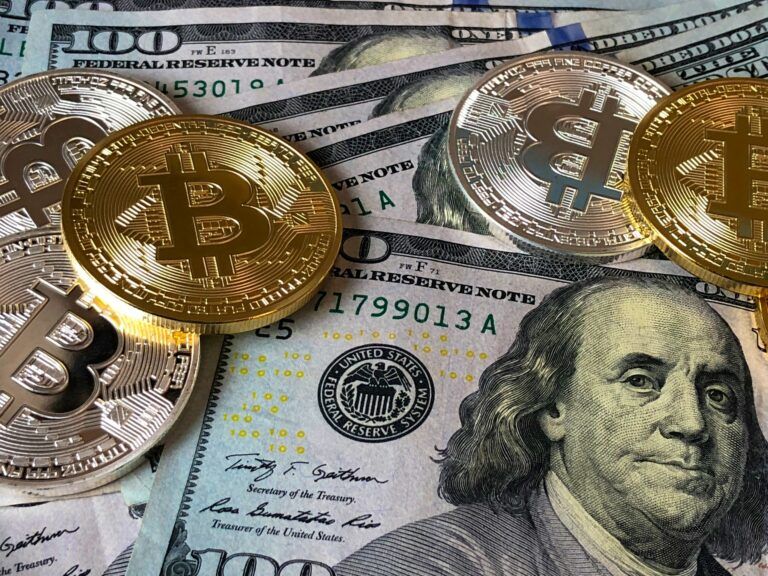Billionaire investor Ray Dalio, the founder of the largest hedge fund in the world Bridgewater Associates, with $150 billion in assets under management, has said there’s a “good probability” the U.S. government could outlaw Bitcoin, the same way it outlawed gold in the 1930s.
Speaking to Yahoo Finance Editor-in-Chief Andy Serwer in an interview, Dalio pointed out that the Gold Reserve Act of 1934 made it illegal for individuals to own the precious metal because “government leaders didn’t want gold to compete with money and credit as a storehold of wealth.”
Per the billionaire, the government could also make it illegal to own Bitcoin as the cryptocurrency has been surging against a backdrop of high levels of debt, low interest rates, and stimulus measures that are seeing investors look for alternatives to bonds.
Dalio said:
Every country treasures its monopoly on controlling the supply and demand. They don’t want other monies to be operating or competing, because things can get out of control. So I think that it would be very likely that you will have it under a certain set of circumstances outlawed the way gold was outlawed.
The billionaire noted that the Indian government is also reportedly looking into ways it can ban Bitcoin. If the U.S. government were to ban the flagship cryptocurrency. He defends demand would plunge and the price of the cryptocurrency would drop.
Dalio then revealed he believes, based on his “understanding from people who are sort of in government surveillance,” that the government can track Bitcoin transactions and “know who’s dealing with it.” It’s worth pointing out the Bitcoin blockchain is public and while users are pseudonymous, tracking transactions is possible and several companies specialize in doing so.
The identity of Bitcoin users can then be found when they attempt to cash out, and through their use of services that have know-your-customer (KYC) checks, for example. The nature of the blockchain allows for companies to explore transaction activity and, for example, determine the percentage of crypto transactions associated with illicit services.
The billionaire, who admitted he is not a cryptocurrency expert, then highlighted BTC has some merits:
It hasn’t been hacked. It’s by and large, therefore, worked on an operational basis. It has built a significant following. It is an alternative, in a sense, storehold of wealth. It’s like a digital cash. And those are the pluses.
Earlier this year, Dalio said Bitcoin is “one hell of an invention” and that he was considering investing in cryptocurrencies for new funds offering clients protection against the debasement of fiat currency. The investor, in a note sent to clients, added there “aren’t many alternative gold-like assets at this time of rising need for them.”
Dalio found it challenging to value digital assets, pointing out Bitcoin has the potential to make investors “very rich,” as well as “disrupt the existing monetary system.” The note pointed out this is “what Bitcoin looks like to this non-expert,” and added he is “eager to be corrected and learn more.”
Featured image via Pexels.









